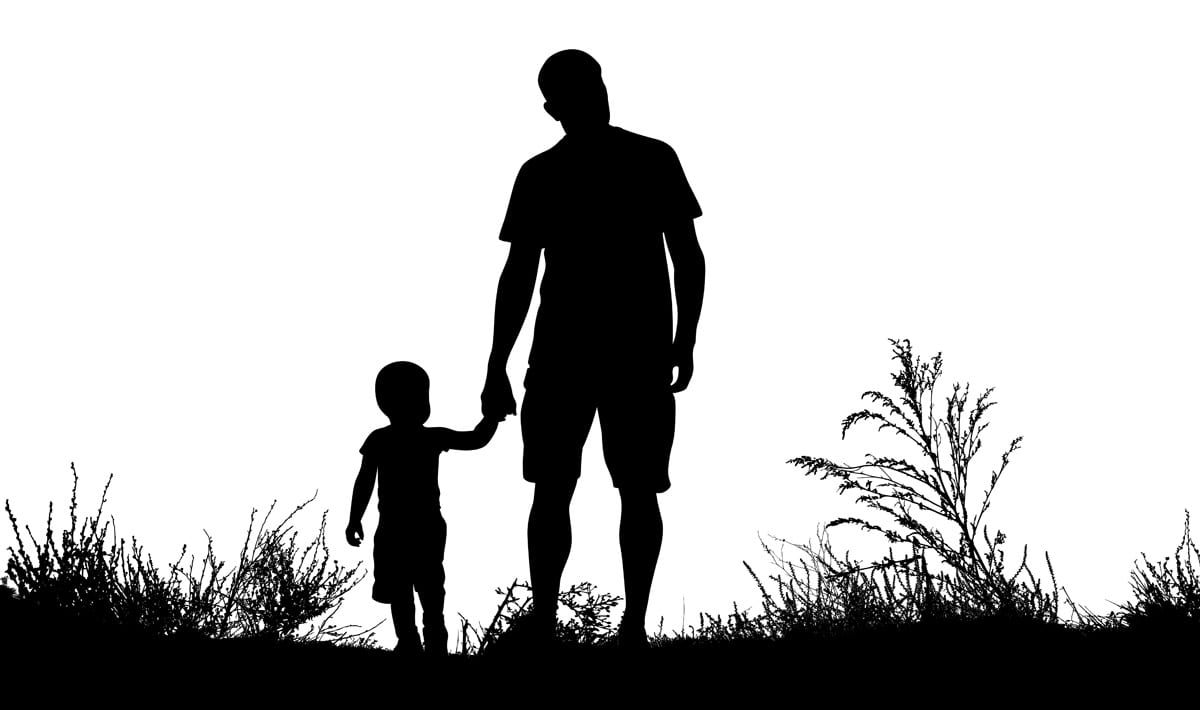Now here’s a concept that would have made my ’70s mom spit out her martini: Dads who kvetch about the frustrations and joys of changing diapers, setting up playdates, and the best products to use to clean vomit off a highchair.
What would have amazed her even more: hundreds of these dads gather annually at daddy conferences. The get-togethers are just as glitzy as marketing-to-moms conventions, with the dads’ events sponsored by mammoth brands such as Honda, Dove, Kraft and Huggies.
We’ve come a long way, Daddy.
If Mom were still around to dig into this, I would explain why daddy bloggers, stay-at-home dads, and the whole dad-empowerment movement is good news. Great news, in fact – not just for fathers and offpring, but for moms and society.
Mom loved to vent about how little my father did at home when the four of us kids were small. I don’t blame her. I don’t recall Dad changing a diaper, cooking one single dinner, or pitching in with times tables, sex talks, or grocery shopping.
But the time for criticizing dads’ parenting – as long as they ARE parenting – may be drawing to a close.
When Mom became a grandmother, she watched my husband like a hawk. She was thrilled at how much he did with our three children, while acknowledging my complaint that I still carried 90% of the household and childcare chores and cut more corners at work than he did. She would have agreed with the incredible statistic that dads today spend three times as much time with their children as their own fathers, while also admitting that men and women in the U.S. have a long way to go before we achieve equally shared parenting.
The New York Times recently explained the path being blazed by today’s dads – and the passé stereotyping of fatherhood – in Don’t Call Him Mom or an Imbecile. Marketers are taking notice of dads’ right to parent as they see fit – not as bumbling stereotypes or carbon copies of supermom. The Dads 2.0 Summit trumpets the slogan “The Commercial Power of Dads.” There are nearly 200,000 self-proclaimed stay-at-home dads in the United States today. Dads across the country are connecting and mobilizing just like moms.
This is good news for our futures. And now it’s time to stop ridiculing dads’ attempts to be involved, full-weight parents – even when justified. The more important question has become why dads have been reluctant to be hands-on parents in the first place, and what women can do to welcome them into the world of pull-ups, pacifier debates, and questions about what iPad apps are truly educational.
It’s too late for my dad to make up for all he missed, or to pay my mom back for the unfair parenting burdens he expected her to shoulder back in the day. My own husband dipped a toe into early childhood caregiving, but he didn’t fully leap into the parenting breach until our kids each reached double digits. I’m still not sure how much of the unequal split was due to his naiveté about babies and my own eagerness to do everything perfectly, even if that meant doing it all myself.
However, I have hope for my son, who just turned 16. He’s great with little kids. Kind, patient, curious and eager to get down to their level (although he, too, has yet to change a diaper).
My son and his friends are a long way from having their own children. But they are not too young to start thinking about the kind of dad they’re going to be one day. It’s not too early for us moms to pass our knowledge onto our sons. After all, that’s why parents have historically given young girls dolls – early and crude cultural marketing designed to turn them into responsible mothers one day.
It’s time to figure out how to get our sons role-playing fatherhood.
We need to teach our boys how to care for young children — skills our husbands and fathers may not have learned when they were young. My own husband, after all, had never even held a baby until our son was born. We need to expect boys to grow up to be involved dads. And we need to let them become the kinds of dads they want to be, to parent as they wish, rather than insisting they Xerox our mothering.
Can you imagine teenaged boys being primed by moms, dads, marketers – and our society — as prospective parents? Earning service learning credits for attending a Future Dads 2.0 Summit? Writing college application essays about how they want to revolutionize paternity?
I hope that’s the kind of brave new fatherhood that will greet my grandkids.





